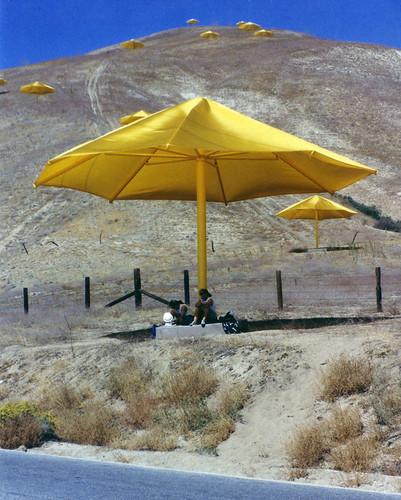We understand there is something important about science and scientists. Which is also why are interested in who the Nobel Prize winners are, even though we have enormous difficulty even understanding one bit of the science they talk about.
What if a hundred Nobel laureates--ok, make that 108 laureates--put their signatures to a petition endorsing a scientific/technological advancement. Such a statement from the high priests will be a powerful proxy for those of us who don't know how to do science, right? Those who passionately argue by citing the scientific consensus in climate change will use the 108 laureates as fantastic evidence, right?
Of course I am setting you up! ;)
The 108 laureates signing off on a petition is for real. What is their petition about?
The United Nations Food & Agriculture Program has noted that global production of food, feed and fiber will need approximately to double by 2050 to meet the demands of a growing global population. Organizations opposed to modern plant breeding, with Greenpeace at their lead, have repeatedly denied these facts and opposed biotechnological innovations in agriculture. They have misrepresented their risks, benefits, and impacts, and supported the criminal destruction of approved field trials and research projects.We urge Greenpeace and its supporters to re-examine the experience of farmers and consumers worldwide with crops and foods improved through biotechnology, recognize the findings of authoritative scientific bodies and regulatory agencies, and abandon their campaign against "GMOs" in general and Golden Rice in particular.Now, that's a clear statement.
Unfortunately, facts do not matter to most who have built their reputation championing an ideology. But, even Greenpeace activists have done a 180. Like this former Greenpeace activist and GMO hater. Heck, even the Greenpeace co-founder did a 180!
The laureates state in their petition:
Greenpeace has spearheaded opposition to Golden Rice, which has the potential to reduce or eliminate much of the death and disease caused by a vitamin A deficiency (VAD), which has the greatest impact on the poorest people in Africa and Southeast Asia.To borrow from Kanye West, Greenpeace doesn't care about poor brown people.
After calling on Greenpeace to "cease and desist in its campaign against Golden Rice specifically" the 108 Nobel laureates add this:
How many poor people in the world must die before we consider this a "crime against humanity"?Ouch! That's one stinging blow.
To which Ronald Bailey, whose post is how I came to know about this petition, adds his comment:
Actually, Greenpeace and other anti-biotech activists such as Naomi Klein and Vandana Shiva have long surpassed that threshold.Ouch!
It is a strange world in which climate change-deniers refute the science behind climate change, while the GMO-deniers refute the science behind GMO, and the vaccine-deniers refute the science behind vaccines and autism. Which can mean only one thing: we pick and choose from whatever appeals to us the most. An approach that is exactly the opposite of the scientific method in which, to paraphrase John Maynard Keynes, we need to change our opinions when the facts change. It is dirty rotten politics!







